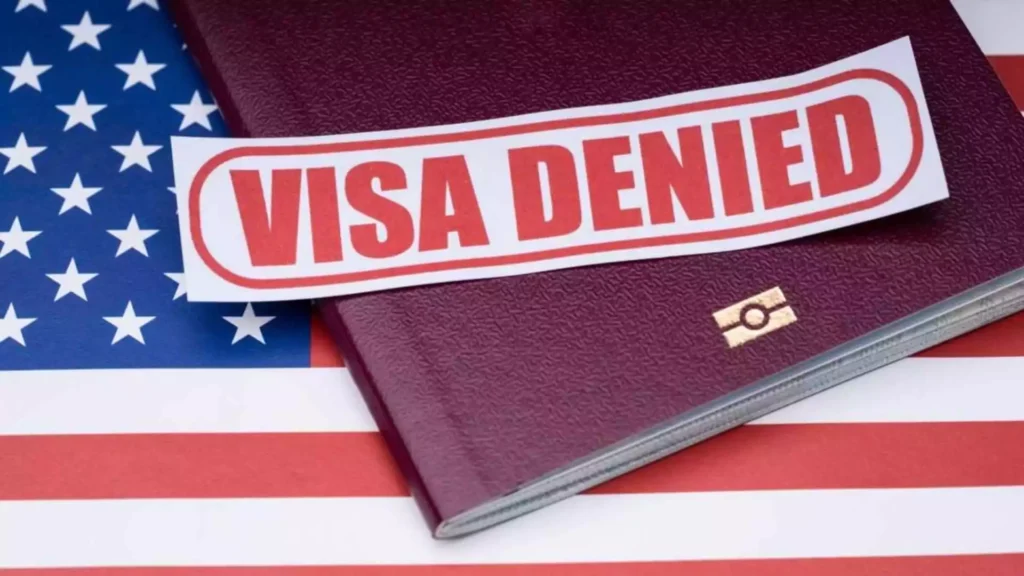F-1 Visa Denials Reach 10-Year High


In the fiscal year 2023–2024, the United States witnessed a sharp increase in F-1 student visa denials, with the rejection rate soaring to 41%—the highest in a decade. This marks a significant rise from the previous fiscal year, which recorded a 36% denial rate.
During the 2023–2024 fiscal year, approximately 679,000 applications for F-1 visas were submitted, which are issued to international students enrolling in academic programs in the U.S. Of these, around 279,000 were denied, resulting in the 41% rejection rate. This reflects an increase compared to the 2022–2023 period, where 699,000 applications were received, with 253,000 denials, leading to a 36% rejection rate.
The current rejection rate has nearly doubled compared to a decade ago. In the fiscal year 2014, only 23% of F-1 visa applications were denied. This consistent upward trend suggests that the U.S. has been tightening visa approvals over the years.
The rising number of F-1 visa denials has raised concerns among aspiring international students and academic institutions in the U.S. A higher rejection rate may discourage talented students from applying, potentially affecting the diversity of student populations and the financial stability of universities that rely on international enrollments.
While country-specific data for the 2023–2024 fiscal year is yet to be fully disclosed, earlier reports indicate that certain nations have faced disproportionately higher rejection rates. For example, in the first nine months of 2024, the approval rate for Indian students dropped by 38% compared to the same period the previous year.
Several factors could be contributing to the rise in F-1 visa denials:
Stricter Immigration Policies: The U.S. has intensified its immigration policies in recent years, leading to greater scrutiny of visa applications.
Security Measures: Heightened security checks may have resulted in more rigorous applicant screenings, thereby affecting approval rates.
Economic Factors: Concerns about applicants’ financial stability and their potential impact on the U.S. job market could also influence visa decisions.
Higher education institutions in the U.S. have expressed growing concerns over the surge in visa denials. International students play a crucial role in enriching academic environments and contributing to the financial well-being of universities. Efforts are underway to address these visa-related challenges and provide support to prospective students.
Given the heightened scrutiny, international students seeking an F-1 visa should take the following precautions:
Ensure Proper Documentation: Submit complete and accurate paperwork to prove eligibility and intent.
Seek Expert Advice: Consult with education consultants or immigration experts to navigate the complex visa process effectively.
Prepare for Interviews: Be ready to clearly outline study plans, financial backing, ties to the home country, and post-study intentions during visa interviews.